Monday was a holiday: Columbus Day, and I looked forward to getting more projects done around the house and garden. My wife wanted me to "do something fun" instead, but I enjoy these projects. When I broke a drill bit I took it as a sign, and decided to head out to Missouri Botanical Garden. It's been over a year since I was last there I think, and the weather was warm, sunny, and breezy, so I grabbed the camera and headed out.
I've never been to The Garden by myself before, so I was able to wander freely and spend large amounts of time looking at things that normal visitors don't particularly care about (it's a bench -- can we look at some plants now?) and I took lots of photos. So many in fact, that this visit will probably be broken up into three parts.
When you combine 80ºF (26ºC) temperatures with a minor holiday and a parking lot repair project, you end up having to park on the street. It was less than a block from the garden though, and let me appreciate the old Shaw neighborhood.
Autumn is in the air, even if the thermometer doesn't know it!
There was a big Chihuly exhibit here a few years back, and there are some pieces that have become permanent parts of the gardens.
This chandelier is about the first thing you see when you walk into the building. It hangs above the ticket counter, right next to the window where you renew your membership.
Then you need to go upstairs in order to get to the garden, which is always a little disorienting to me. I mean, the garden at my house is downstairs -- how can the garden be upstairs?
Once out the door I always start out going to the left, to one of the many "houses" on the property. I never concern myself with names for these houses, and I'm not going to consult a map for this post, but this house had many different tropical fruits and other heat-loving plants in it. Honestly I kind of breezed through it, as I really wanted to be outdoors. There was a pretty cool "black plant" bed in front of this house though.
I'm not the biggest fan of mums, but I certainly appreciate the color accent they provide to these pools:
I didn't spend too much time in any one spot, as there was much to see. On the other side of the pools I saw grasses, ninebark, and bananas:
Hey, this could almost be my garden! True I don't have them right next to each other this way, but from the right angle in my yard you get almost the same effect.
One thing my garden does not have is more Chihuly glass:
I love the vibrant colors and almost-organic shapes -- they work so well in this setting!
Another thing I don't have is a large rose garden. This is not rose season, so there wasn't much to look at here, unless you like rose hips:
I fortunately love rose hips. They are the cherries of the autumn, at least visually. After snapping these shots I spent just seconds in this rose garden, because next up I could see something I was much more interested in:
Elephant ears! Alocasias in this case.
There were a surprising number of plantings of various Alocasias and Colocasias everywhere -- this was just the first I'd encounter this afternoon. They look quite nice in this shady, woodland setting -- I don't have that same planting choice in my yard (although I will after the bamboos add a few years).
Although there are large plantings and different themed gardens throughout, there are lots of small plantings -- little beds that have interesting plants and combinations, but don't seem to fit with the surroundings. I like it. Here some euphorbia mix with some fall-blooming crocus:
More Chihuly work, floating in the main lily pond:
Which itself is in front of one of the stars of the garden: the Climatron:
Although most visitors are immediately drawn to this wonderful structure, which when opened in 1960 was the first geodesic greenhouse in the world, I'm not going in today. Inside is a tropical paradise, and I'd prefer to save a visit there for a day when it's cold and grey outside. So turning away from the Climatron...
That looks a bit like my black-stem Taro, but with upturned leaves... yes, that's what it is! I've read about some cultivars of elephant ears that have cupped leaves like this. I can't say that I particularly like them, as they seem to de-emphasize the main feature of elephant ears: the large leaves.
They will hold water though:
Along this same corridor that contains the lily pond and leads to the Climatron you get your first view of the bald cypress trees:
There are dozens of this Missouri native species planted throughout the garden, some of which are over 100 years old! The trees stay more pyramid-shaped when "young", when they focus on putting on height:
Then once they get older the stop getting much taller and spread out instead:
At least that's what I've read. The bald cypress in my yard has a few decades to go before it catches up to these beauties.
Moving on, we see the Iris garden, which like the rose garden is not too exciting right now:
I should point out that this isn't a mass planting of the same variety -- it's a single plant of hundreds of different varieties. At least that's what the plant tags tell me. This must be quite informative in the spring; can't tell from photographs if you like a particular cultivar? Head down here and see it in person!
Similarly there is a daylily garden, but as it is also bloomless right now I didn't bother taking a photo.
Besides the large bald cypress trees, there are mature trees of many different species all over the place. Some of them are just incredible:
I didn't bother to check the ID tags for every single tree and plant I photographed, but I did look at quite a few. I'm not sure what the tree above was though.
Next came a few Beautyberry shrubs. I've always wondered what they look like in person, and now I know: incredible! I don't remember the exact species, but I know they were not the American Beautyberry.
I much prefer the purple to the white berries. White berries creep me out for some reason. (White fruits are often poisonous, although I don't know if they are in this case - perhaps that's what bothers me.)
Next up, something I make a point to see every visit:
Bamboo! Believe it or not, this is the largest grove of bamboo in the garden, and it's not that large. The garden is also quite uninspired in the area of bamboo, mainly growing "Yellow Groove" bamboo (Phyllostachys aureosulcata) which is the bamboo most commonly found growing in St. Louis area gardens.
It's been here for a while, as the largest culms are about 1.75" (4.5 cm) in diameter. They look quite a bit larger than that, but thick culms do that for some reason.
I'm not sure about their barrier material:
It seems to be doing the job, but perhaps they do a lot of rhizome pruning like I do.
I like how the bamboo is planted next to an old house with a stone cottage feel to it:
It's a nice blending of "worlds" I think.
As much as I like looking at bamboo there was much, much more to see. Including immediately behind me as I looked at the bamboo:
Some really beautiful sinuous tree trunks. What tree is this?
It's Sweet Bay (Magnolia virginiana) -- thank you plant tags! Although the tags really detract from the beauty of some of the planting beds where there are so many tags they get in the way, for the most part I'm grateful for all of them. Until we have augmented reality, this is the best way to inform visitors about the plants they're viewing.
Ah, my first look at some fall color! I believe this fire-leaved tree is a Sassafras. The tag seemed to indicate that, but it was placed in a somewhat ambiguous spot so I could be wrong.
I later read that this tree was planted around 1819, which seems wrong as it's not that large. I then read that an individual Sassafras tree can live about 100 years, but then suckers from its roots to form new trees. So although the original tree was planted in 1819 and these are genetically identical (the same plant), these are not the original trunks. That's kind of cheating.
I'll end part one of my visit here. There is so much more to see, but you'll have to wait until tomorrow to see it.
(At this point I've been in the garden for just under an hour.)
.
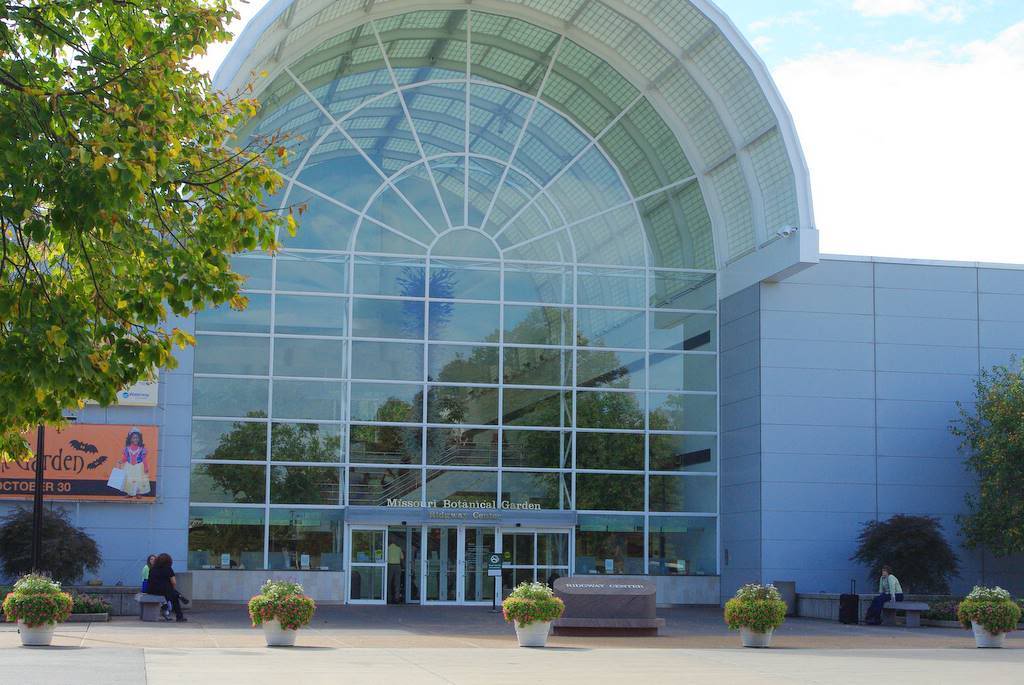


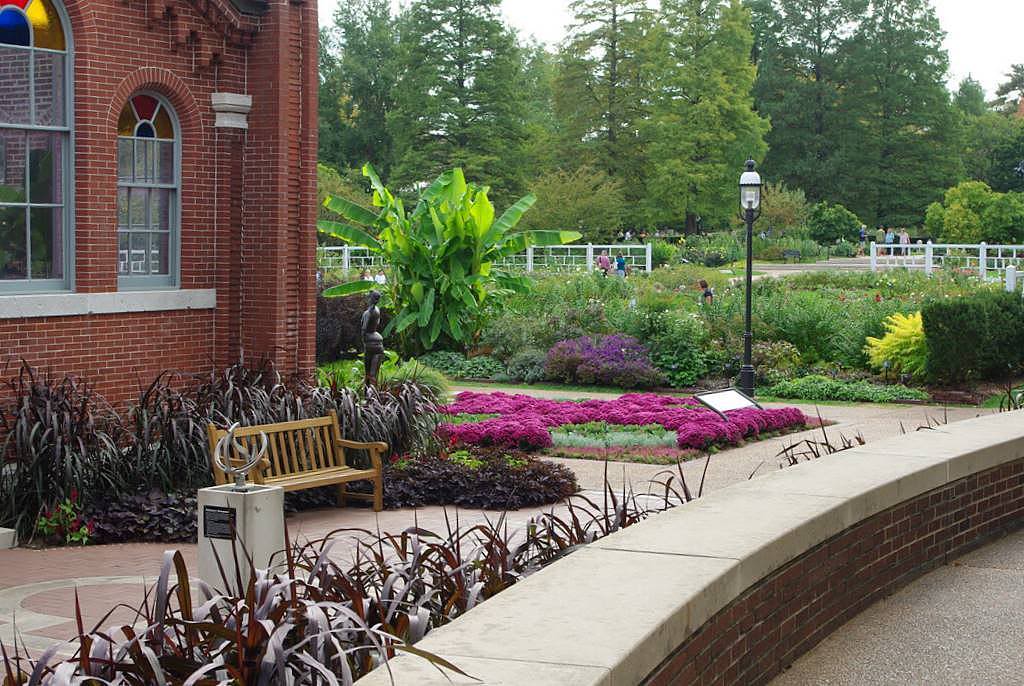
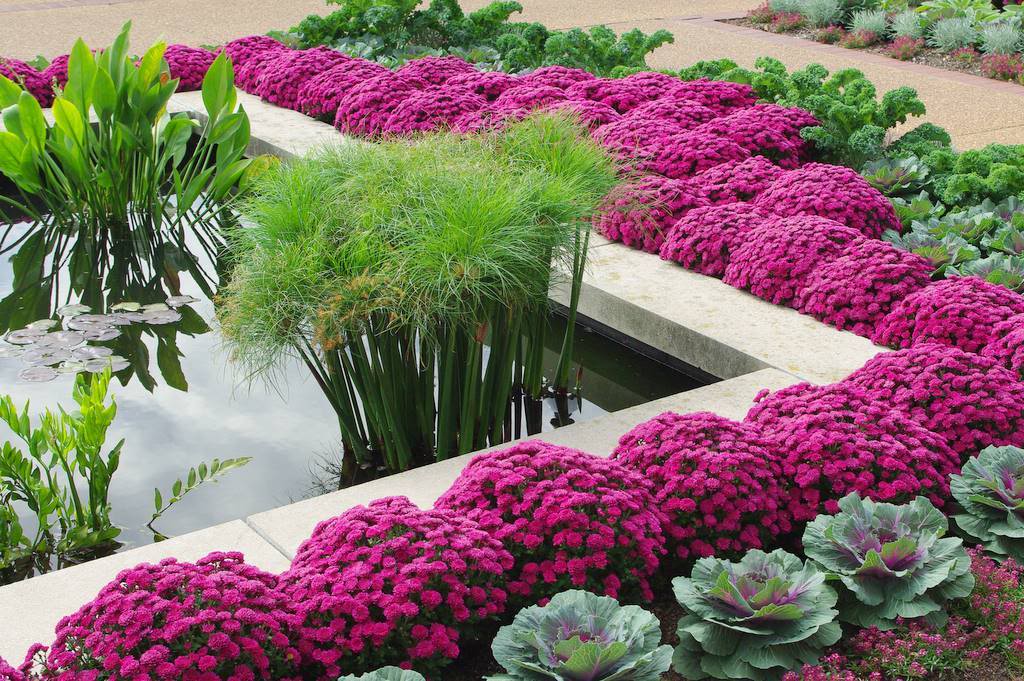
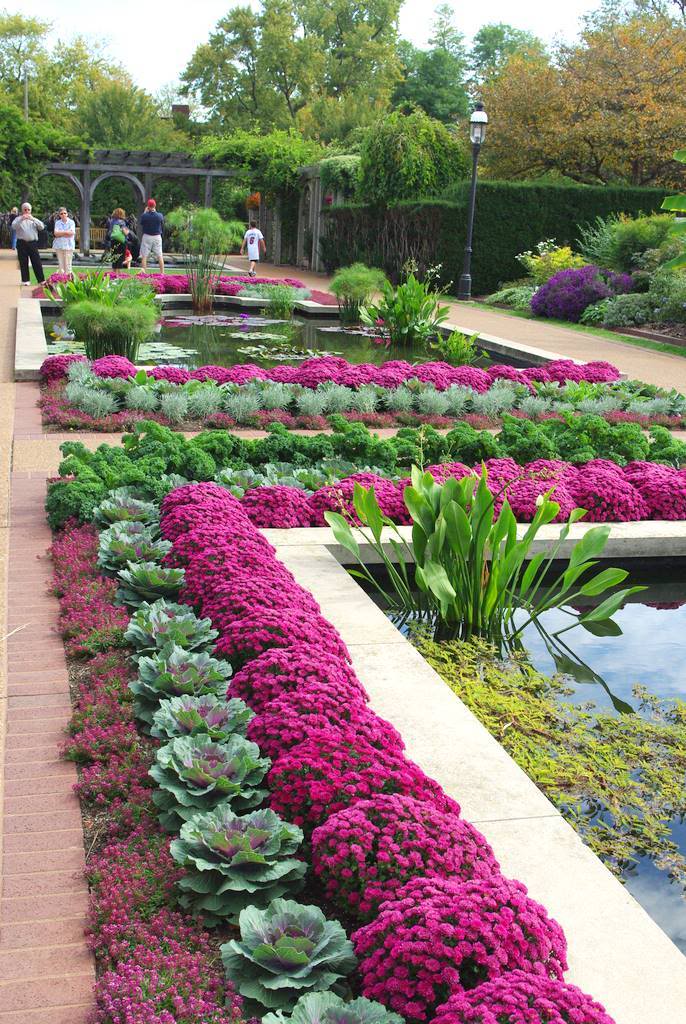
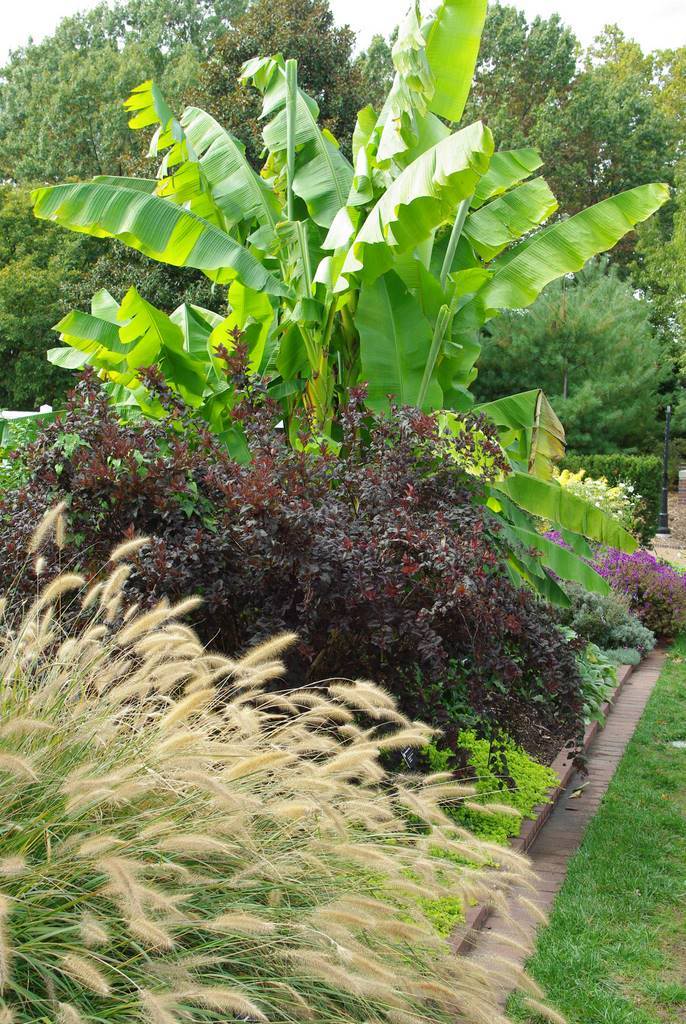

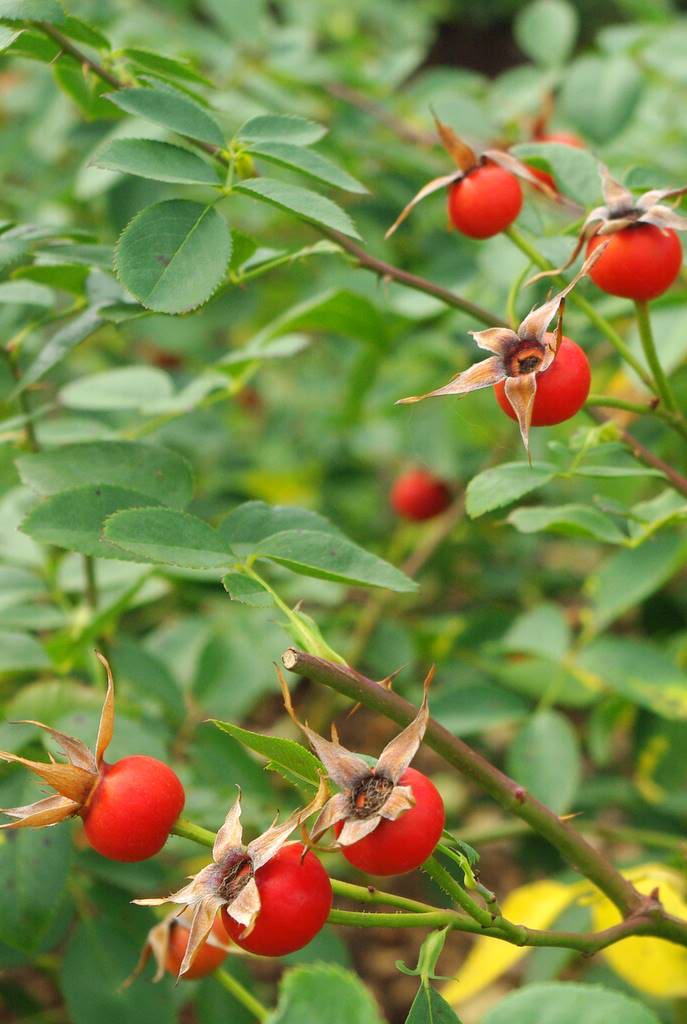
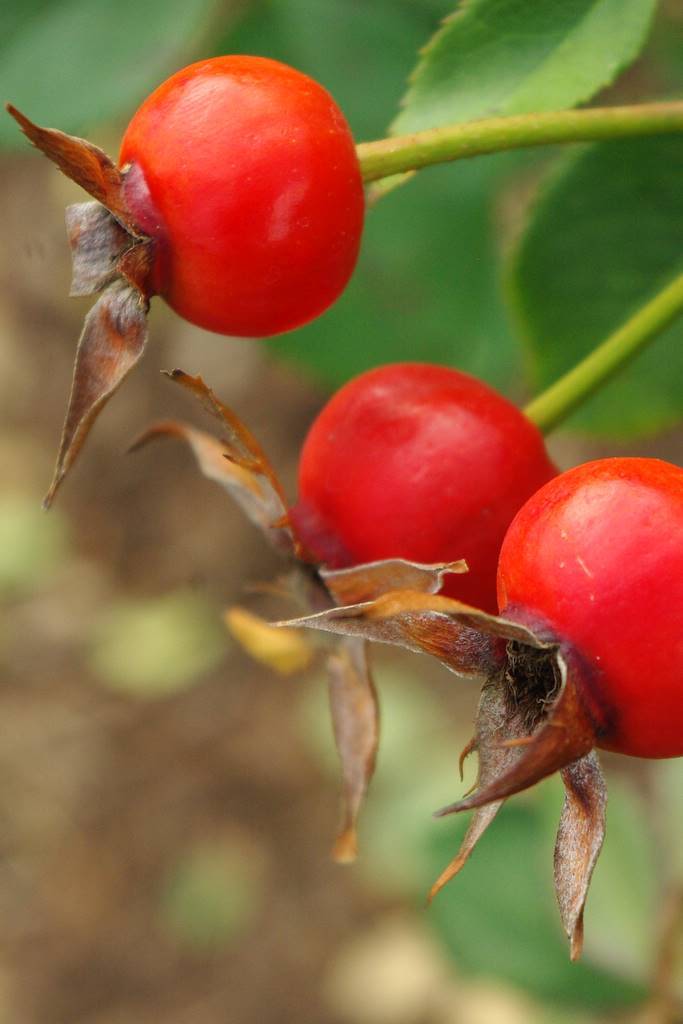

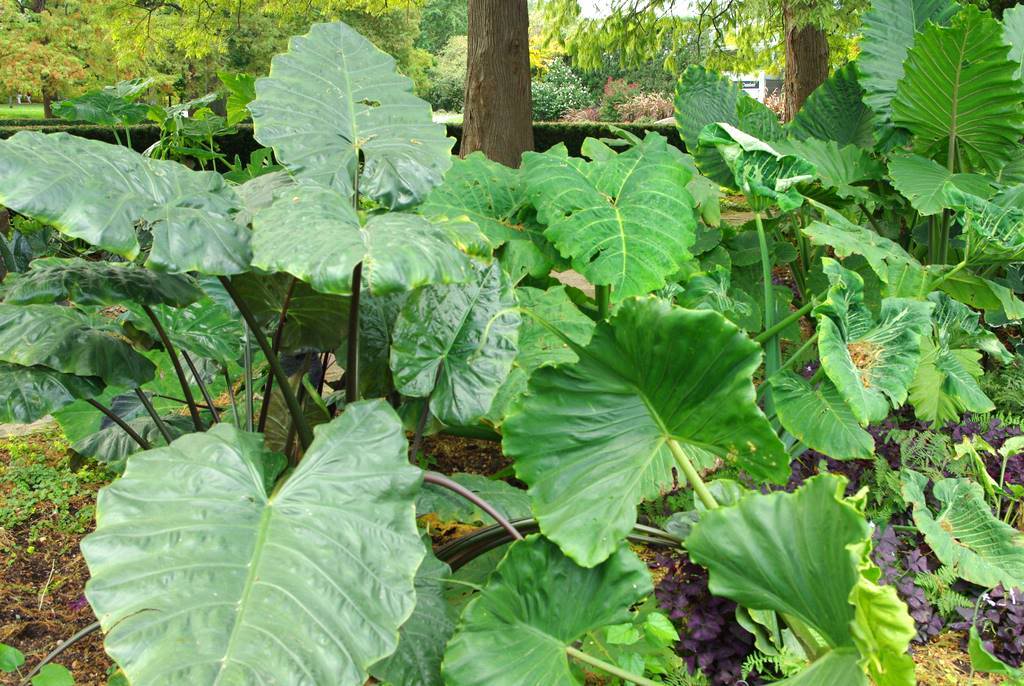

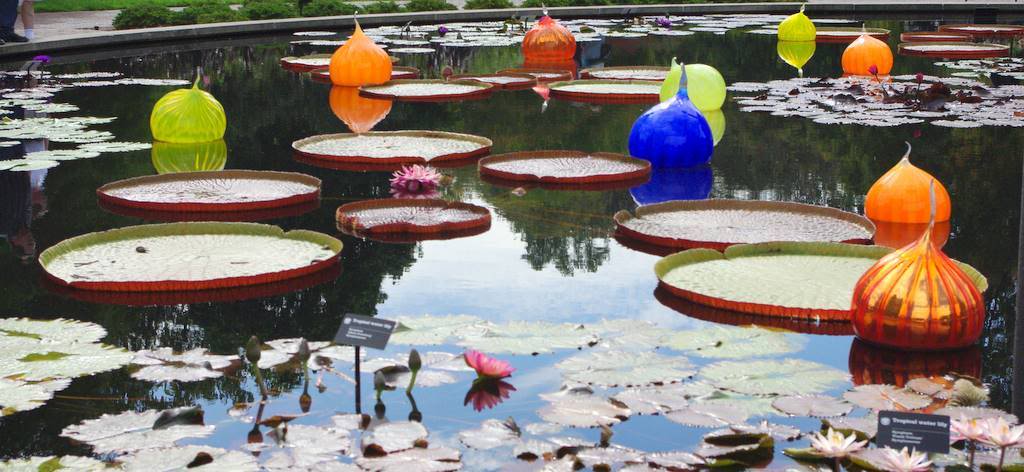
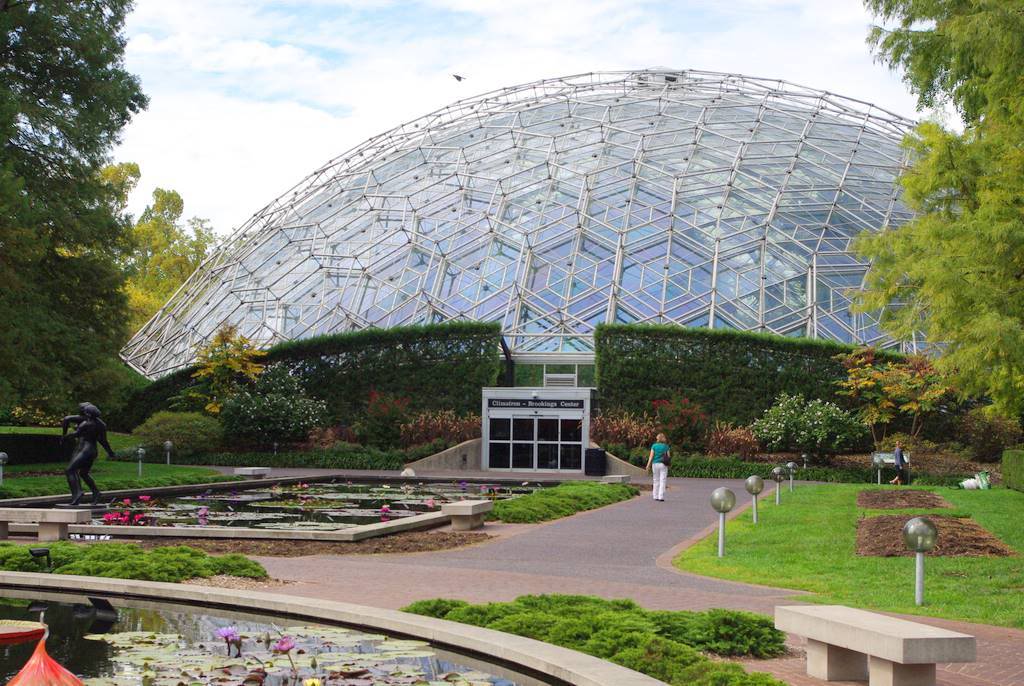

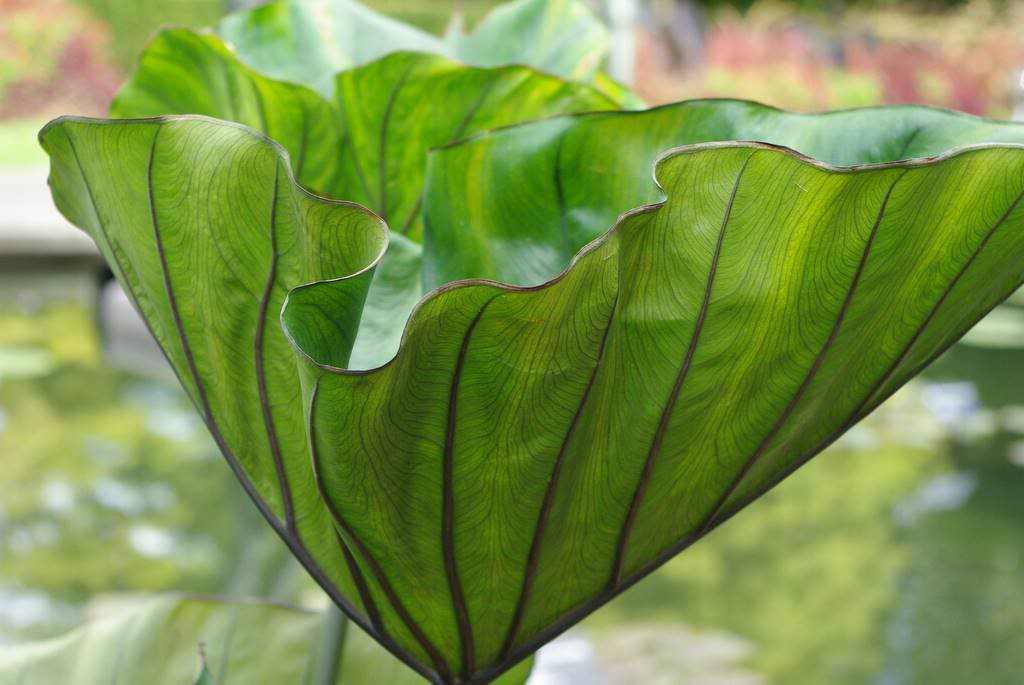
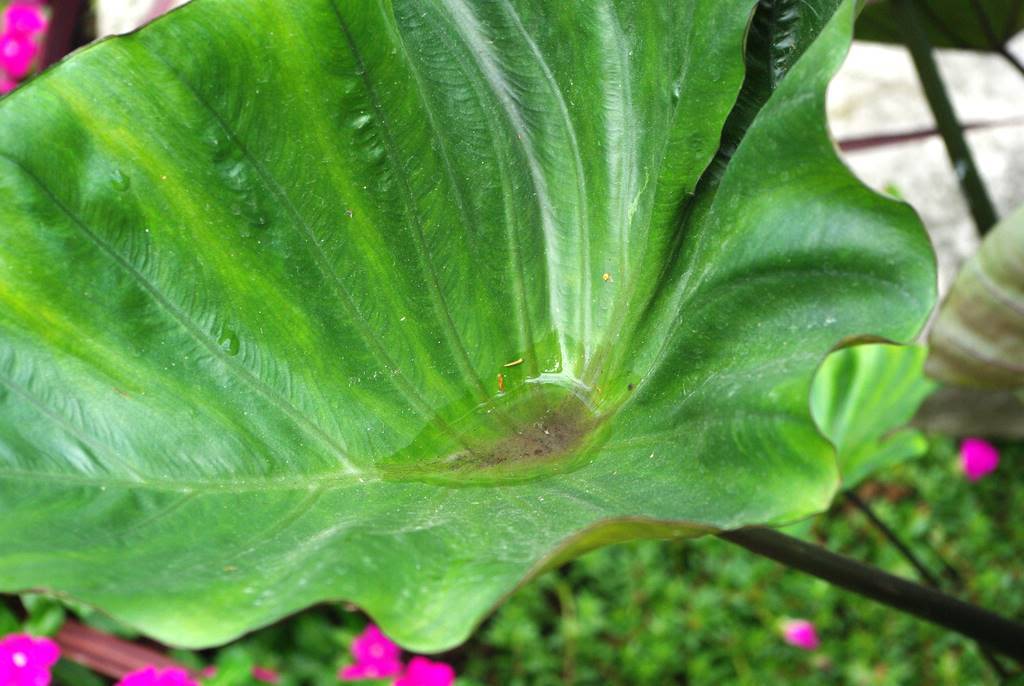

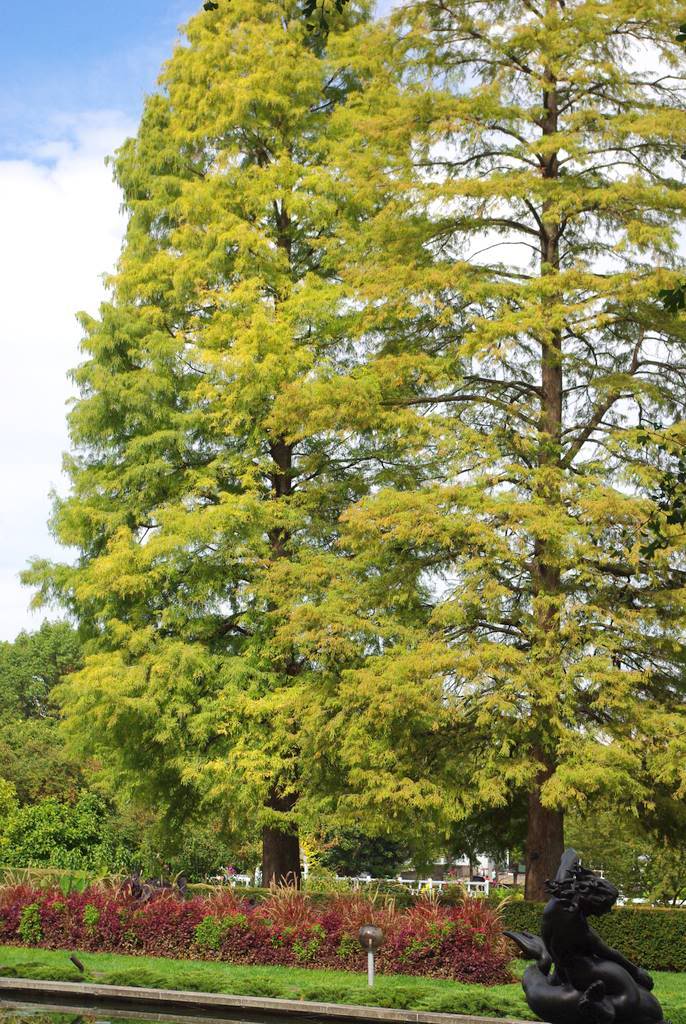

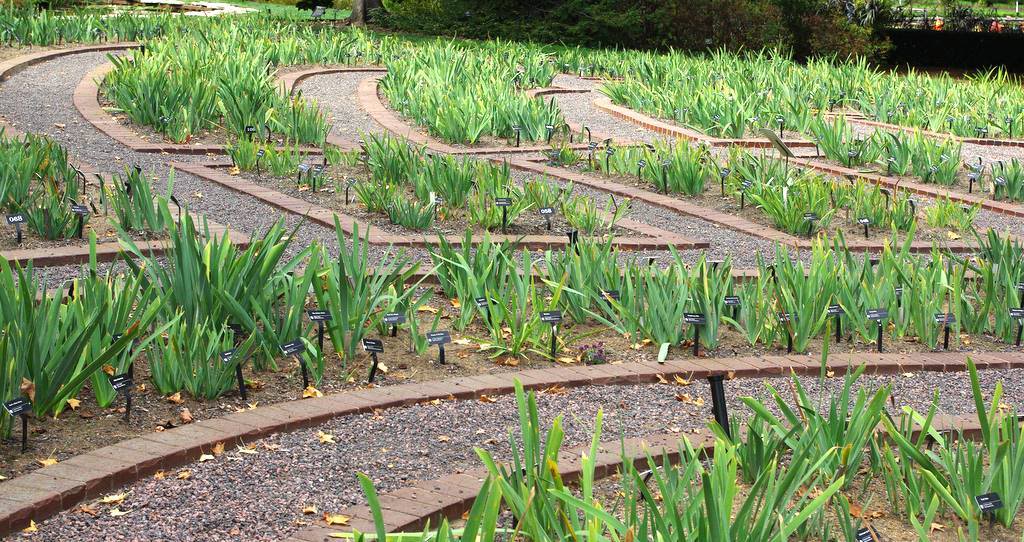


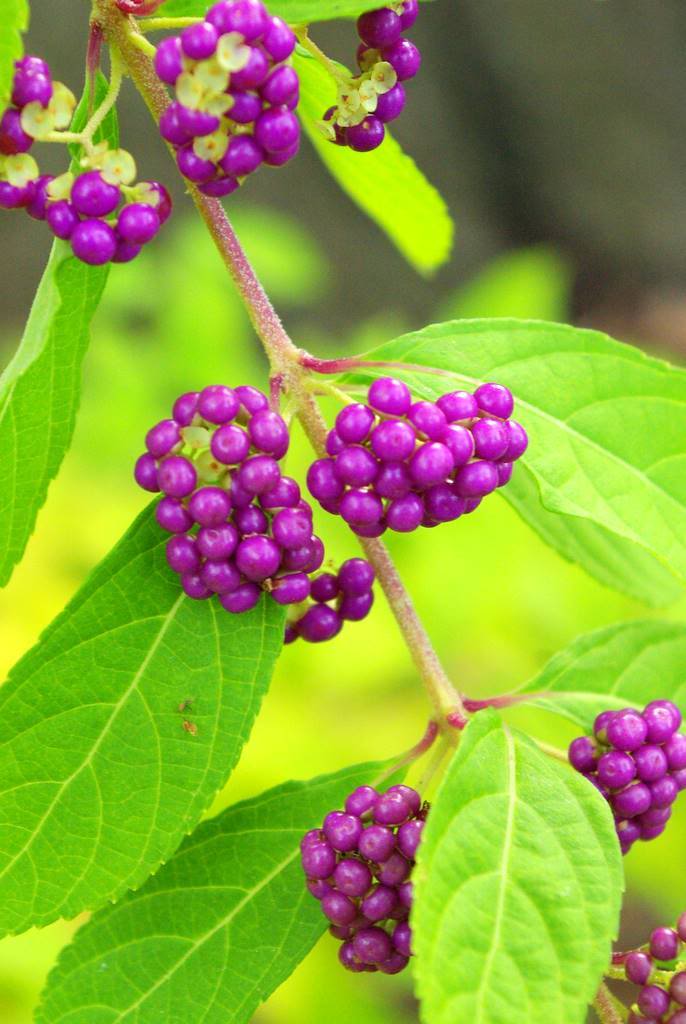
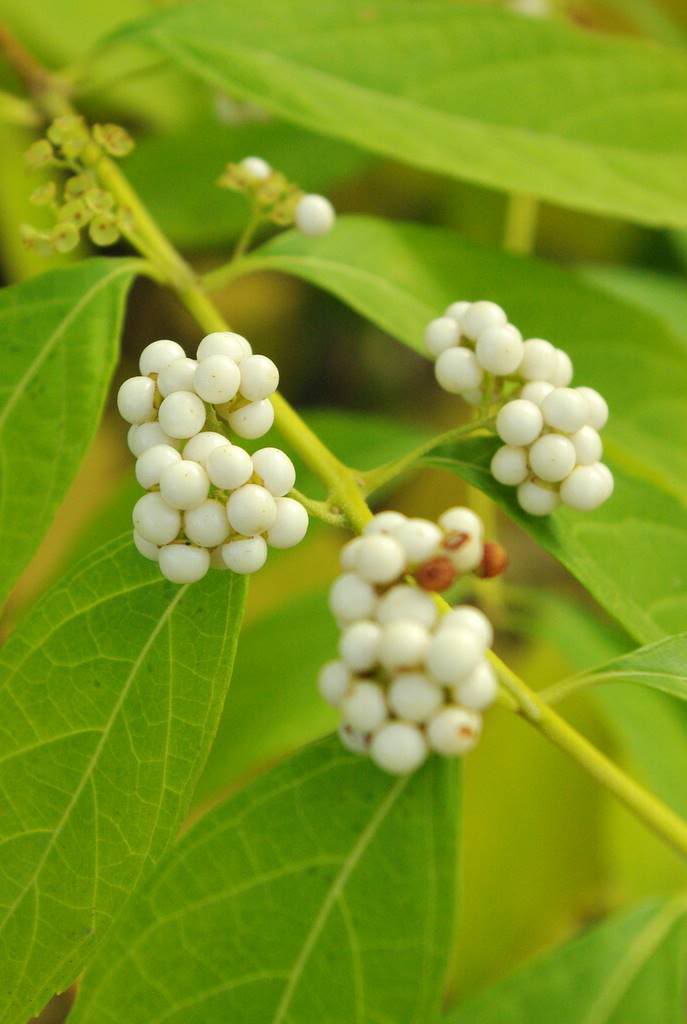
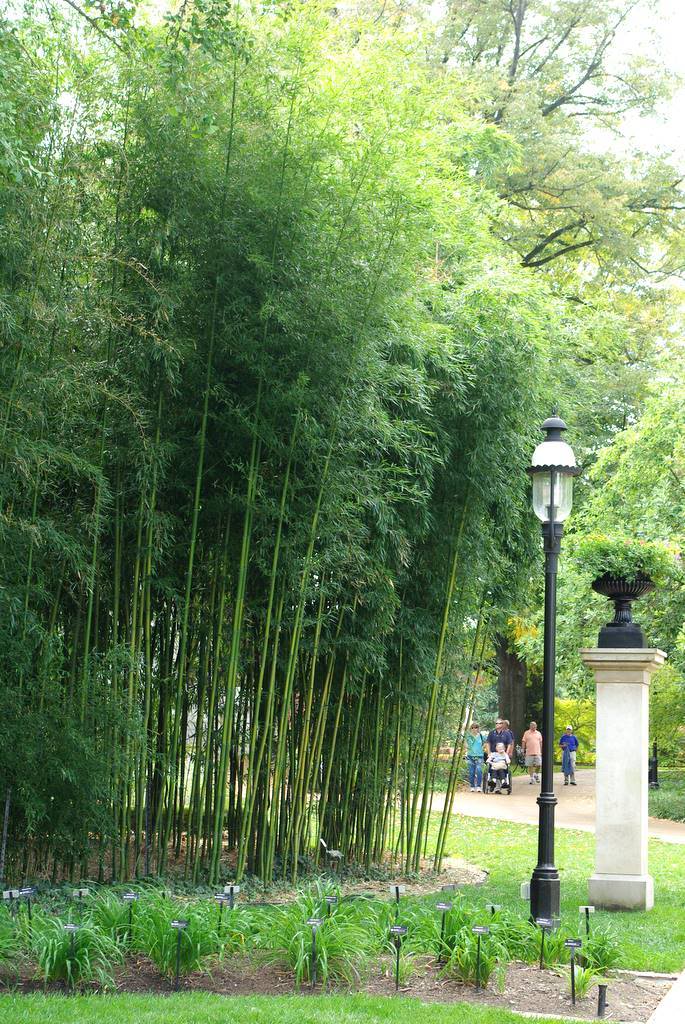
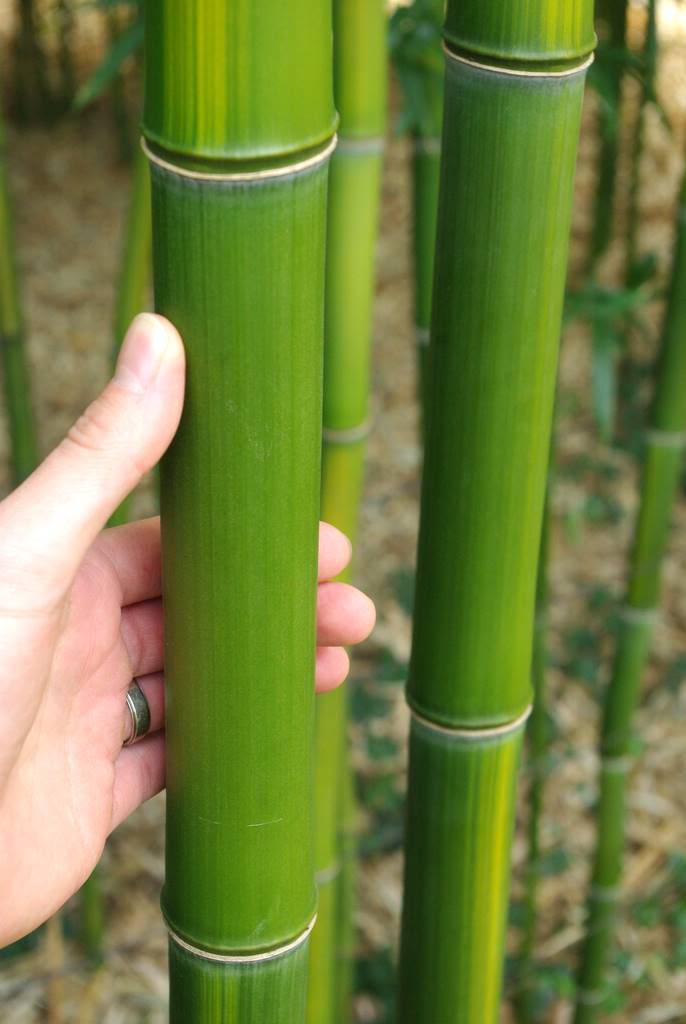
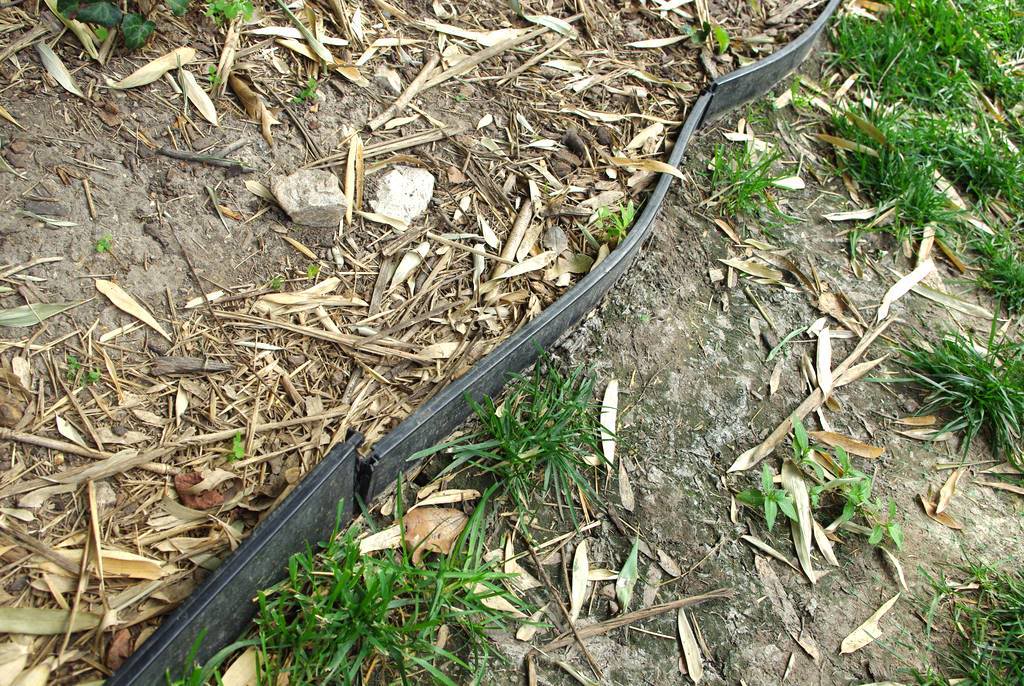
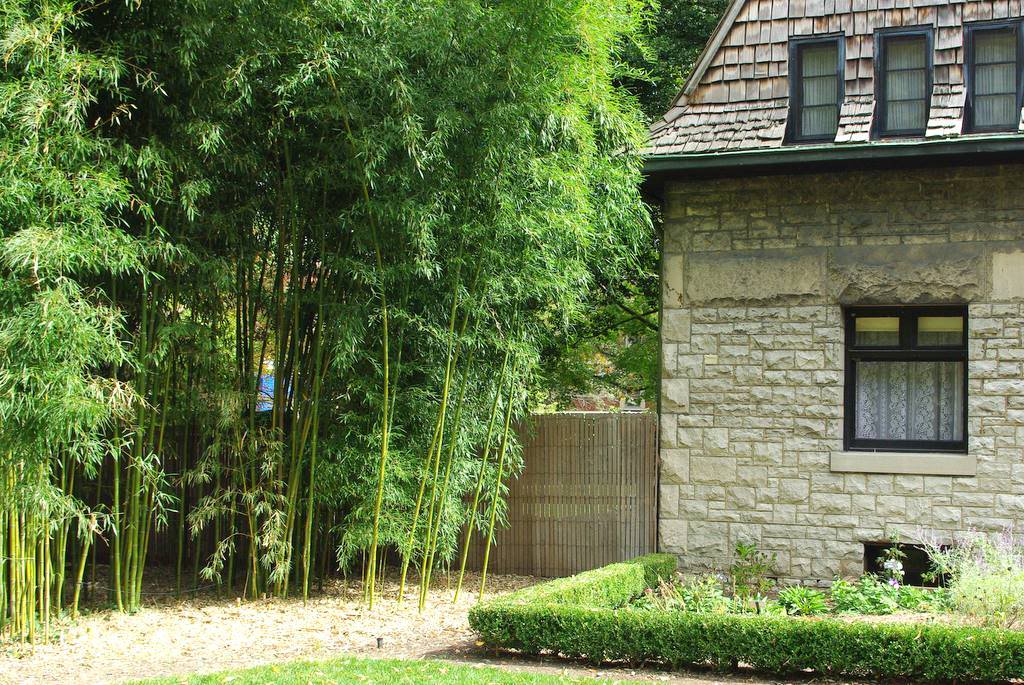

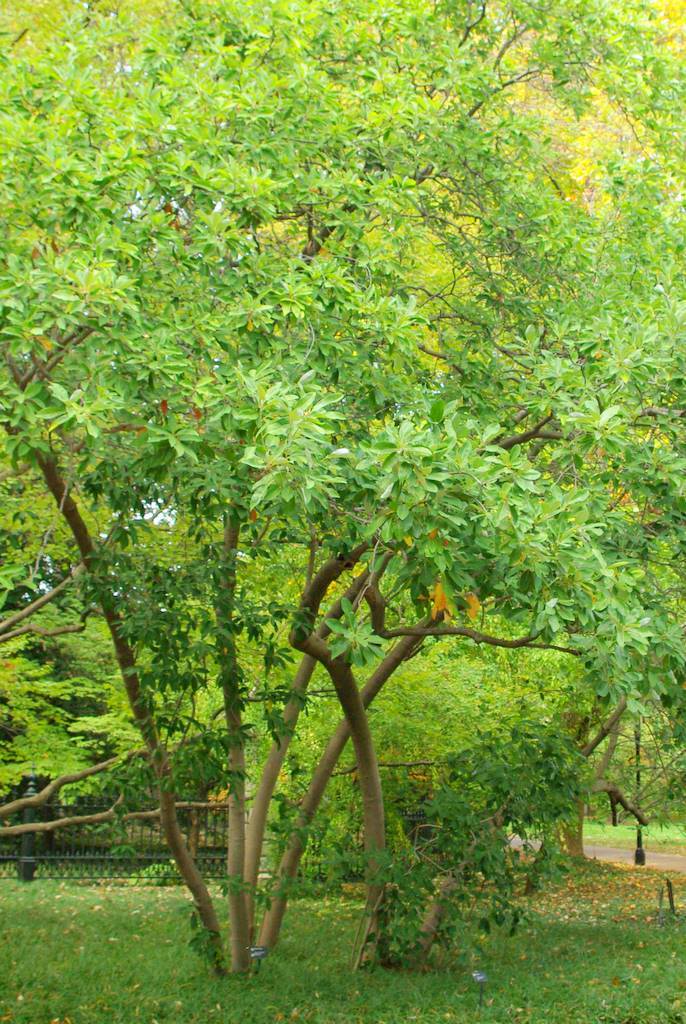
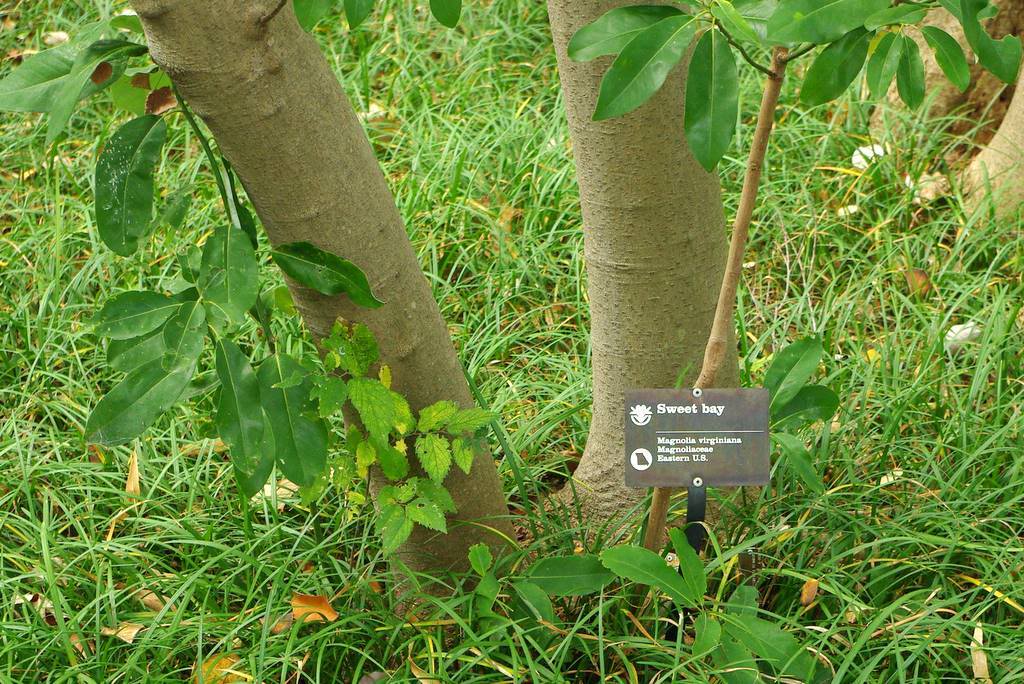
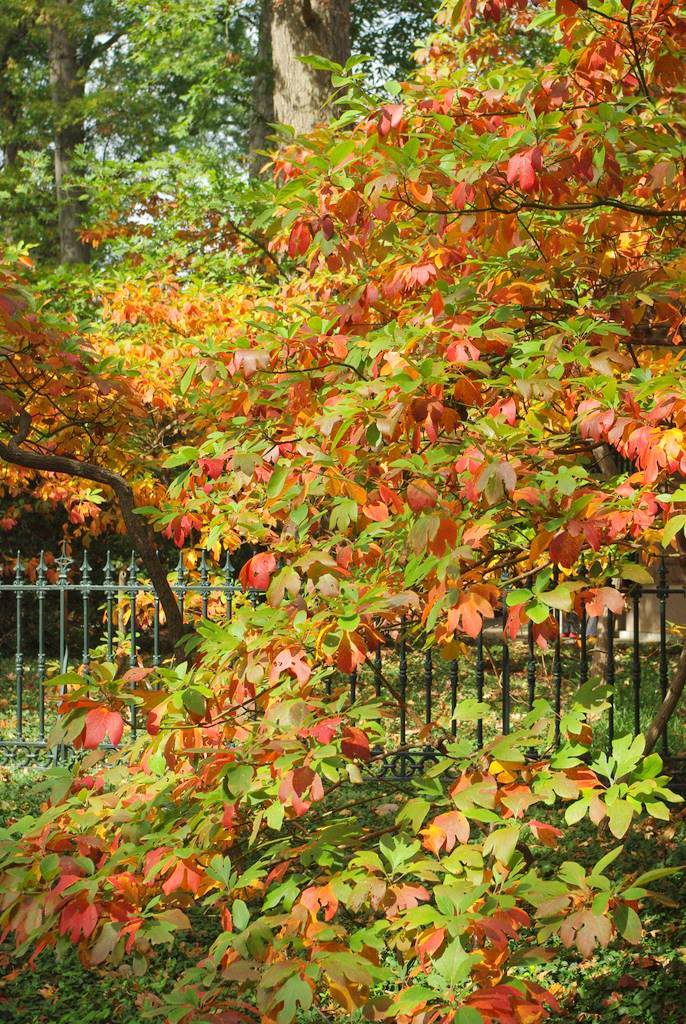
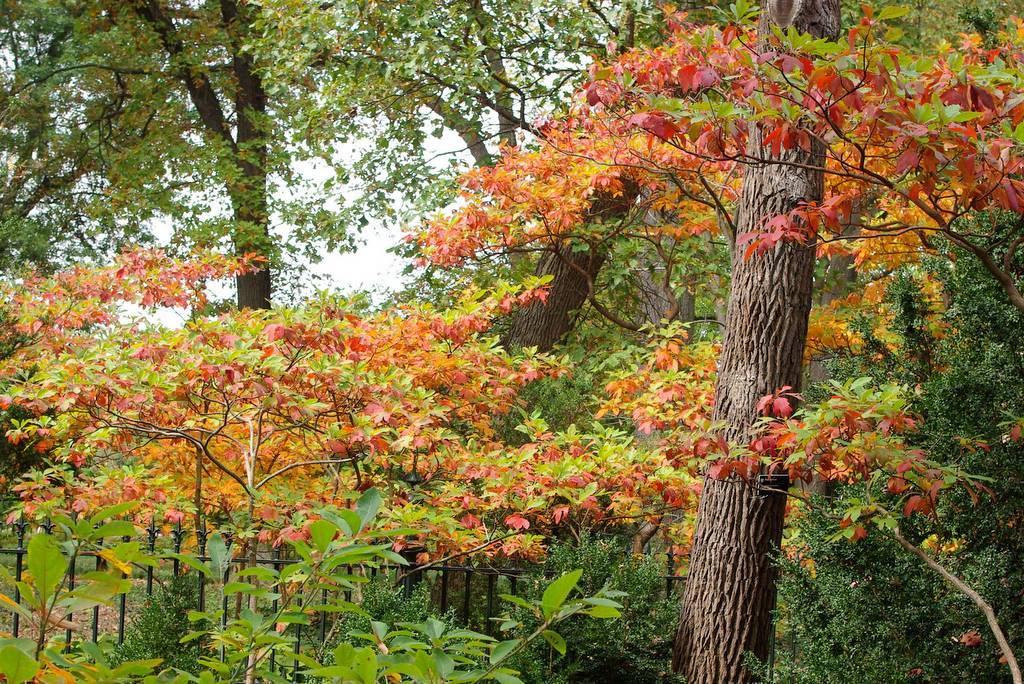
Thank you for this fantastic tour of MOBOT. What a place! It's got to be one of the nicest botanical gardens in the country. I saw a documentary on Dale Chihuly a while ago and they showed the floating pieces in the pond. Can't wait for parts 2 and 3!
ReplyDelete